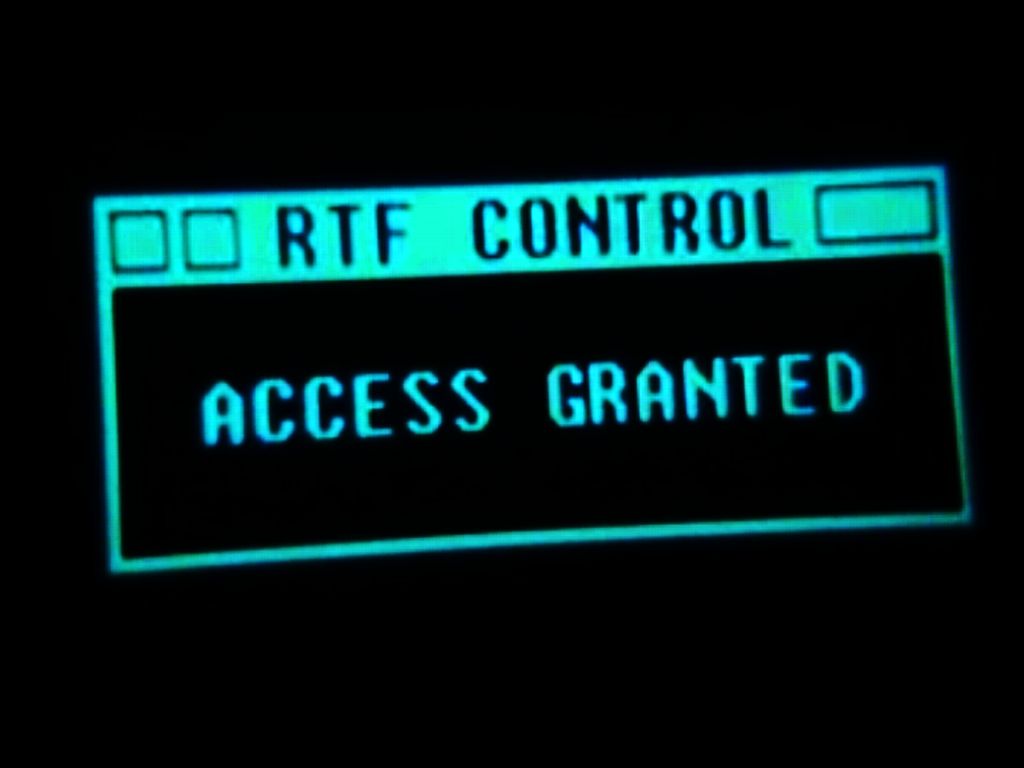 There are many advantages resulting from keeping access to non-standard dialects open. This access gives society a way to celebrate the richness of diversity of a language. Non-standard dialects are not appreciated, but stigmatized. People speaking in the non-standard variety are quickly associated with a less educated or an economically poor background. Keeping access open eliminates the favoring of only those who speak the standard variety. When access to non-standard dialects are closed, the standardization process of the language norm further separates people into socially identifiable groups, those with prestige and those without. Society must embrace these non-standard varieties if its citizens are to feel any type of pride in their natural speech.
There are many advantages resulting from keeping access to non-standard dialects open. This access gives society a way to celebrate the richness of diversity of a language. Non-standard dialects are not appreciated, but stigmatized. People speaking in the non-standard variety are quickly associated with a less educated or an economically poor background. Keeping access open eliminates the favoring of only those who speak the standard variety. When access to non-standard dialects are closed, the standardization process of the language norm further separates people into socially identifiable groups, those with prestige and those without. Society must embrace these non-standard varieties if its citizens are to feel any type of pride in their natural speech. As favorable as it may be to keep access open, it is not practical. In order to get anywhere in this society one must have the ability to "fit in." As we have discussed in WRIT140, it is highly unlikely that the United States would elect a president into office with a thick Southern drawl or a tough Bronx accent. To put it plainly, we (as a society) vote for the person who best represents the USA - a standard English dialect is usually must. It is debatable whether or not keeping access open is even possible. Some may say that everyone could just be left to speak their personal dialects of English. A plethora of questions come to mind, the most prominent being: how will anything get done? In my opinion, the best way to tackle the issue of open/closed access to non-standard dialects is to:
1. Emphasize that all dialects of English have important values and cultures stored within them.
2. Suggest standard English as a sort of lingua franca shared by all non-standard dialects.
3. Enforce standard English as the dialect to use in most affairs dealt with outside of the home, especially in business and government. A look at history can tell us that those speaking standard English generally tend to be more successful.
Summing Up
While society should embrace every dialect for the unique perspectives they add to our daily life, practicality suggests that speaking the standard dialect increases success rate.


I feel as if you may not have fully responded to the prompt. It is my impression that, instead of writing about the benefits of maintaining traditional dialects, you wrote about why maintenance of such dialects is impractical. While you do aknowledge the positives of preserving such dialects, you seem to contradict each of these points later in your post.
ReplyDelete